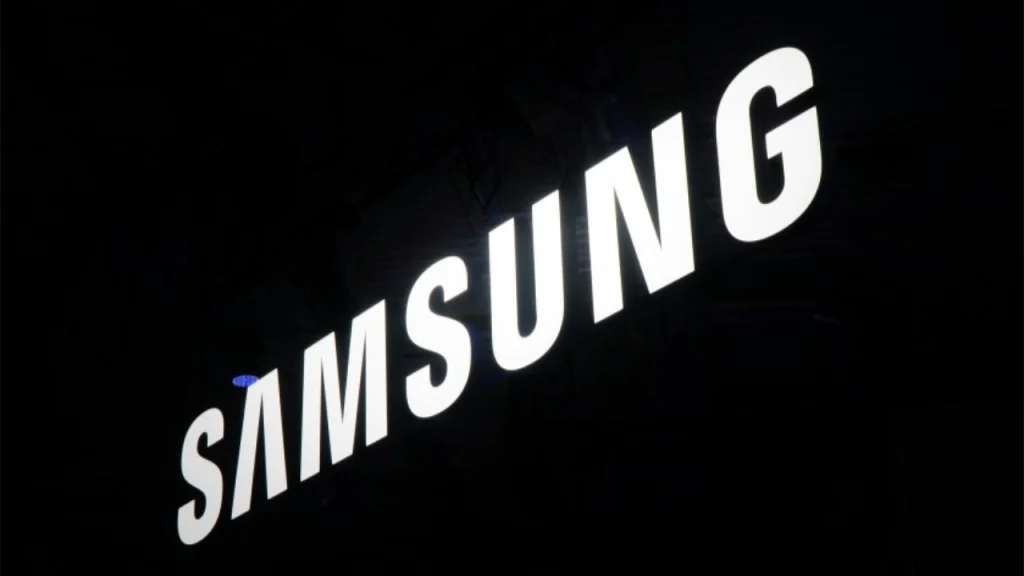- Tesla confirms it is behind Samsung’s $16.5bn chip deal, reshaping the AI semiconductor landscape.
- Manufacturing will take place at Samsung’s Taylor, Texas, plant, benefiting from the US CHIPS Act.
What happened: Tesla confirms $16.5B chip deal with Samsung
Tesla has confirmed it is the client in Samsung Electronics’ $16.5 billion AI chip contract. This major deal will see Samsung’s foundry division produce Tesla’s next-generation sixth-generation AI chips, dubbed “AI6.”
These chips will power Tesla’s autonomous driving systems, robotics platforms, and Dojo-class training clusters. They will be manufactured at Samsung’s cutting-edge semiconductor plant in Taylor, Texas. This site, backed by the US CHIPS and Science Act, aims to boost domestic chip production and reduce dependence on Asian supply chains.
Tesla CEO Elon Musk confirmed the deal at an event in Austin, Texas, calling it “just the start” of a broader collaboration. “We’re co-designing everything, from architecture to physical layout,” Musk explained. He also highlighted his commitment to ensuring the project succeeds by personally overseeing the production line in Taylor.
Also read: Trump denies selling shares in Trump Media
Also read: Tesla Cybertruck recall highlights ongoing challenges in quality control
Why it’s important
For Samsung, this deal marks a crucial breakthrough. The company has struggled to match the scale of Taiwan’s TSMC in the AI chip market. Securing Tesla, a demanding client, adds significant credibility to Samsung’s foundry operations. It also positions Samsung to compete for future AI workloads.
Tesla’s next-gen chips will likely use advanced 4nm or smaller process nodes, pushing the boundaries of current technology. They will feature in Tesla’s upcoming Hardware 5 suite, which is expected to be released in late 2026. This will represent a leap forward for Tesla’s autonomous vehicle capabilities.
For Tesla, this deal reflects a strategic move towards controlling its entire AI ecosystem. By designing its own chips and software, the company aims to reduce reliance on third-party suppliers, such as Nvidia. As volumes increase, analysts suggest the deal could surpass $20 billion in value.
The move also strengthens Tesla’s commitment to domestic manufacturing. The Taylor plant, with its advanced capabilities, will play a critical role in ensuring Tesla’s future growth and innovation.

